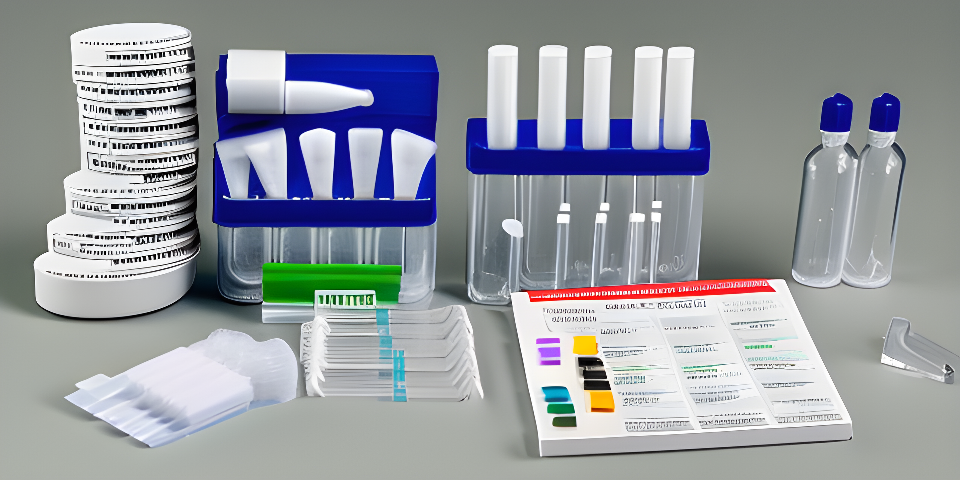Does Kratom Show Up on a Drug Test? Understanding the Complexities
Last Updated on August 16, 2023 by Lily
Drug testing has become a routine practice in various settings, from workplaces to legal proceedings. As the popularity of kratom, a natural botanical substance derived from the Mitragyna speciosa tree, continues to rise, questions arise about its potential to show up on drug tests. In this article, we will delve into the complexities of kratom’s interaction with different types of drug tests and shed light on what individuals need to know.
Kratom: An Overview
Kratom has gained attention for its potential to alleviate pain, boost energy, and even enhance mood. The plant contains various alkaloids, including mitragynine and 7-hydroxymitragynine, which interact with receptors in the brain to produce these effects. As kratom gains popularity, concerns about its detection in drug tests have arisen.
Types of Drug Tests and Kratom Detection
Urine Tests
Urine tests, one of the most common types of drug tests, typically screen for specific metabolites of substances such as opioids, cocaine, and marijuana. While kratom alkaloids are distinct from those of traditional opioids, some concerns have arisen regarding cross-reactivity. However, most standard urine tests do not specifically target kratom alkaloids, making it unlikely for kratom to result in a positive test.
Hair Tests
Hair tests are known for their extended detection window, often reaching back several months. These tests are less likely to detect kratom use, as they primarily focus on substances that are incorporated into hair strands over time. Since kratom alkaloids are not commonly incorporated into hair in the same manner as other substances, the likelihood of detection through hair tests remains low.
Blood Tests
Blood tests provide real-time information about substances present in the bloodstream. Kratom’s alkaloids are typically metabolized and eliminated from the bloodstream relatively quickly. Therefore, the window of detection for kratom through blood tests is limited, and it is unlikely to show up on routine blood screenings.
Factors Affecting Kratom Detection
Several factors can influence whether kratom is detected on a drug test:
Dosage and Frequency
Higher dosages and frequent kratom use might increase the concentration of alkaloids in the body, potentially affecting the likelihood of detection. However, standard drug tests are unlikely to be sensitive enough to consistently detect kratom alkaloids, even with moderate to high usage.
Individual Metabolism
Individual differences in metabolism can impact how quickly alkaloids are cleared from the body. Some people may metabolize kratom alkaloids more rapidly, reducing the window of detection.
Legal and Workplace Implications
Legality of Kratom
Kratom’s legal status varies worldwide. In some regions, kratom is considered a controlled substance, while in others, it is legal for personal use. Understanding the legal status of kratom in your area is crucial, as it can impact the consequences of a positive drug test.
Workplace Drug Testing Policies
Many workplaces have drug testing policies to ensure a safe and productive environment. However, these policies may not explicitly include kratom. If you are concerned about potential kratom detection, familiarize yourself with your workplace’s specific drug testing policies and consider discussing your situation with HR to avoid misunderstandings.
Mitigating Concerns and Communicating
Transparency with Employers
If you are a regular kratom user and are concerned about drug testing, consider discussing your kratom usage with your employer or the testing agency. Being transparent about legal and responsible kratom use can help prevent any unnecessary complications.
Educating Employers
Some employers may not be familiar with kratom. Providing accurate information about kratom’s properties and its unlikely detection on standard drug tests can contribute to informed decision-making on their part.
Conclusion
While the concern of kratom showing up on a drug test is valid, the likelihood is relatively low due to the unique nature of kratom’s alkaloids and the standard substances targeted by drug tests. Understanding the complexities involved and communicating openly with employers can help individuals navigate the intersection of kratom use and drug testing more effectively.


